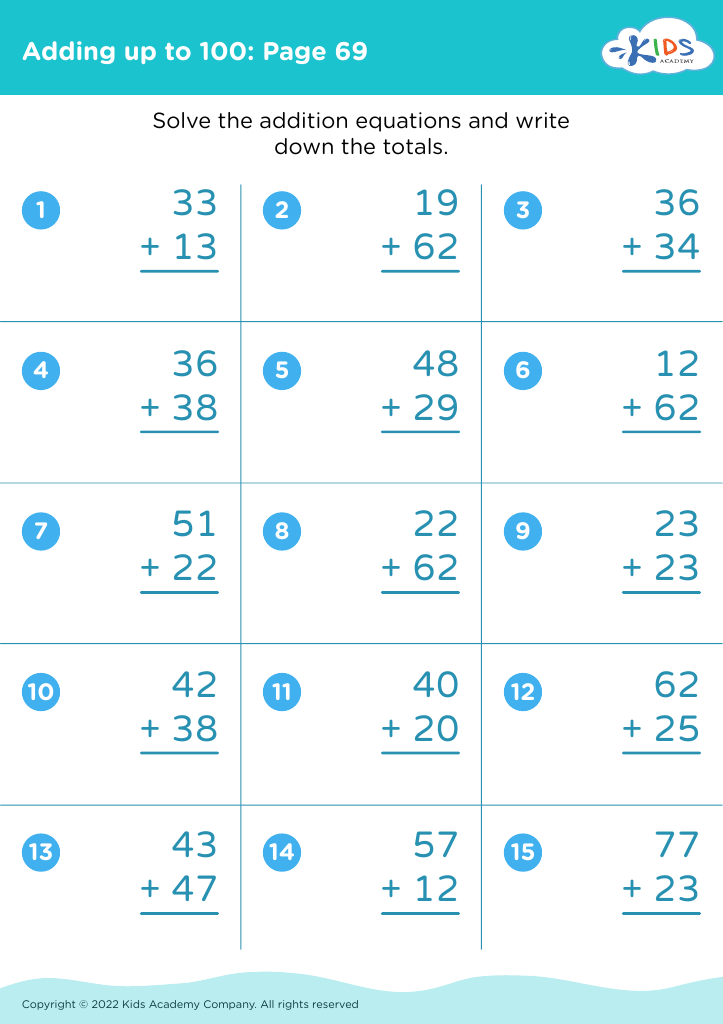Logical Reasoning Math Worksheets for Ages 4-8 - Page 2
31 filtered results
-
From - To


Word Problems: Assessment 2 Worksheet


Addition and Subtraction: Word Problems Worksheet
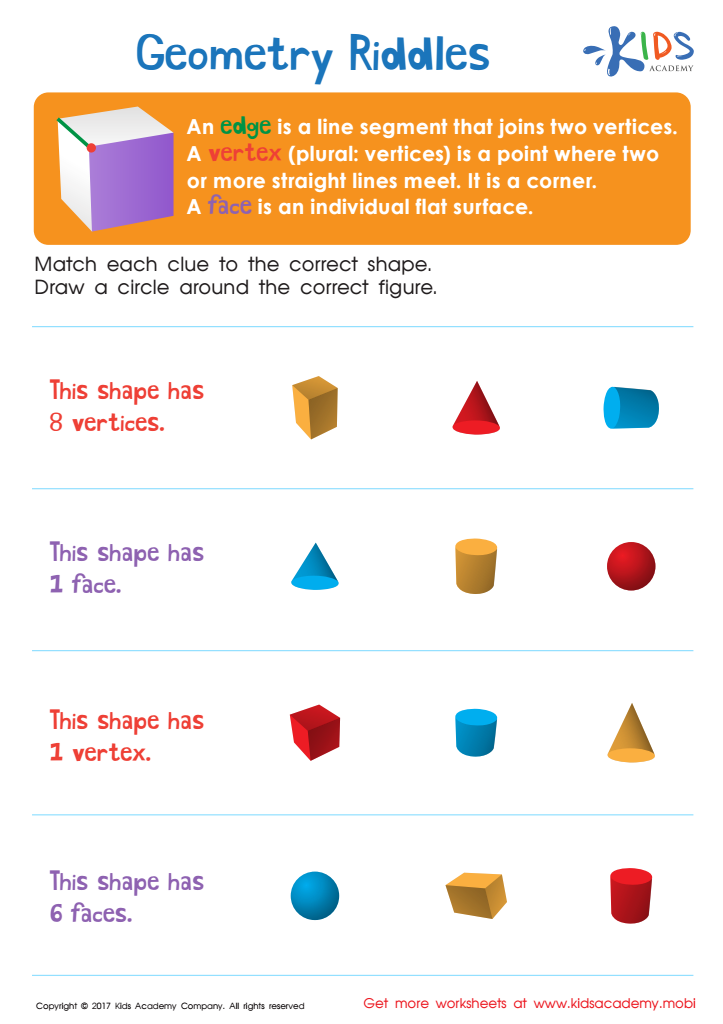

Geometry Riddles Printable
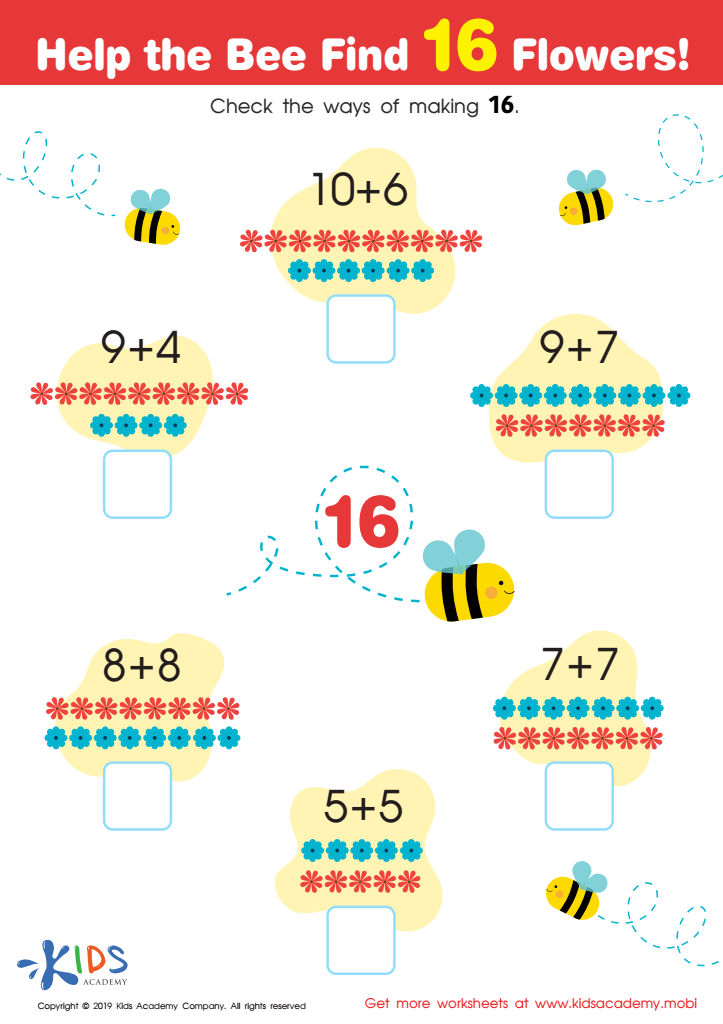

Help the Bee Find 16 Flowers Worksheet
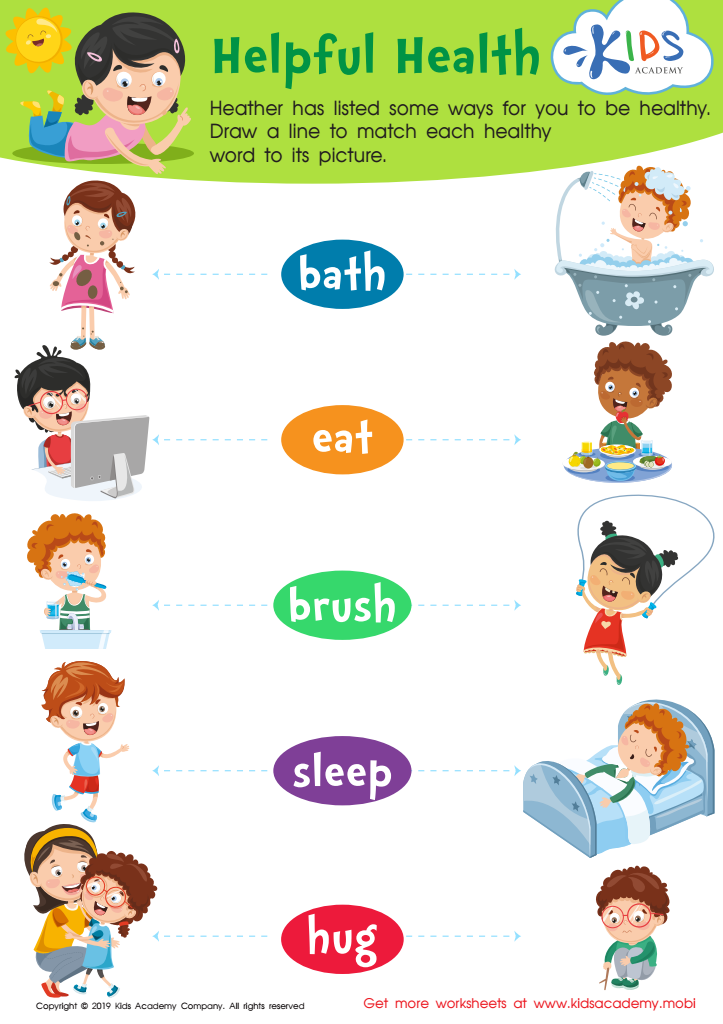

Helpful Health Worksheet
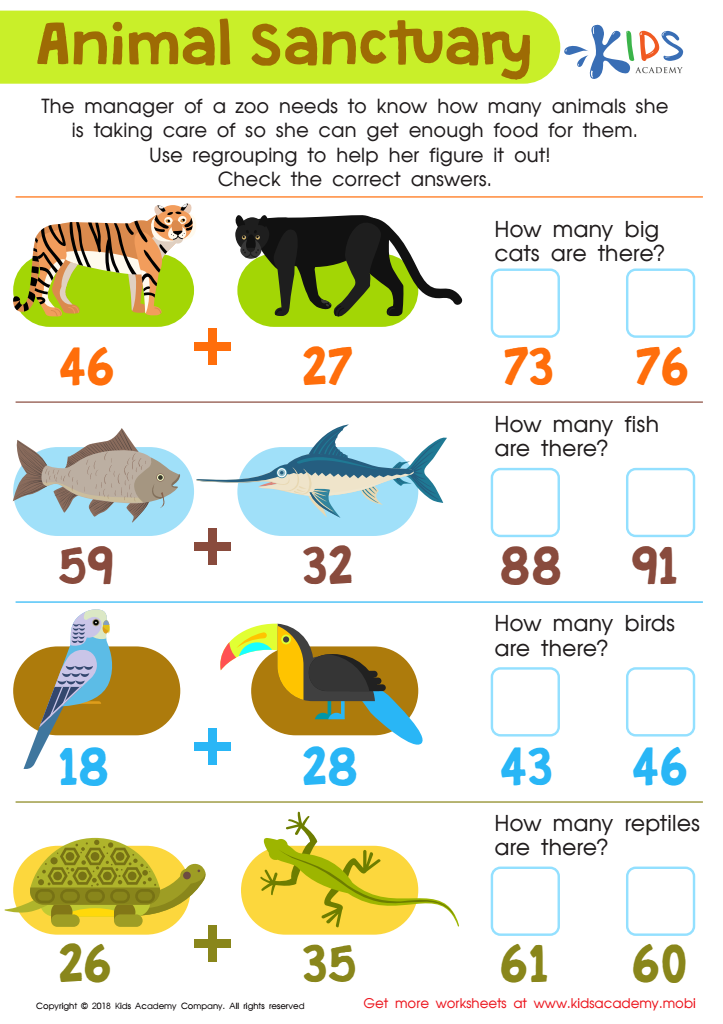

Animal Sanctuary Worksheet
Parents and teachers should care about logical reasoning in math for children aged 4-8 because it lays the foundational stones for critical thinking and problem-solving skills essential for their academic and everyday life. During these formative years, children's brains are highly receptive to new concepts and ways of thinking. Logical reasoning activities, such as puzzles and simple algorithms, stimulate cognitive development and help build a structured way of approaching problems.
Incorporating logical reasoning early on also enhances their future mathematical abilities. It equips children with the skills to understand patterns, sequences, and relationships between numbers, rather than just rote memorization of facts. This understanding fosters a deeper conceptual grasp, making advanced math concepts easier to learn as they progress through school.
Furthermore, these skills extend beyond math. Logical reasoning improves language abilities, as understanding and following a narrative or argument requires the same pattern recognition and sequencing. It also aids in social skills, such as understanding cause and effect or predicting outcomes in social situations.
Overall, the development of logical reasoning ability from ages 4-8 sets a vital cognitive framework that paves the way for lifelong learning and success across multiple disciplines. Investing time in nurturing these skills brings benefits that long surpass the early childhood years.
 Assign to My Students
Assign to My Students

